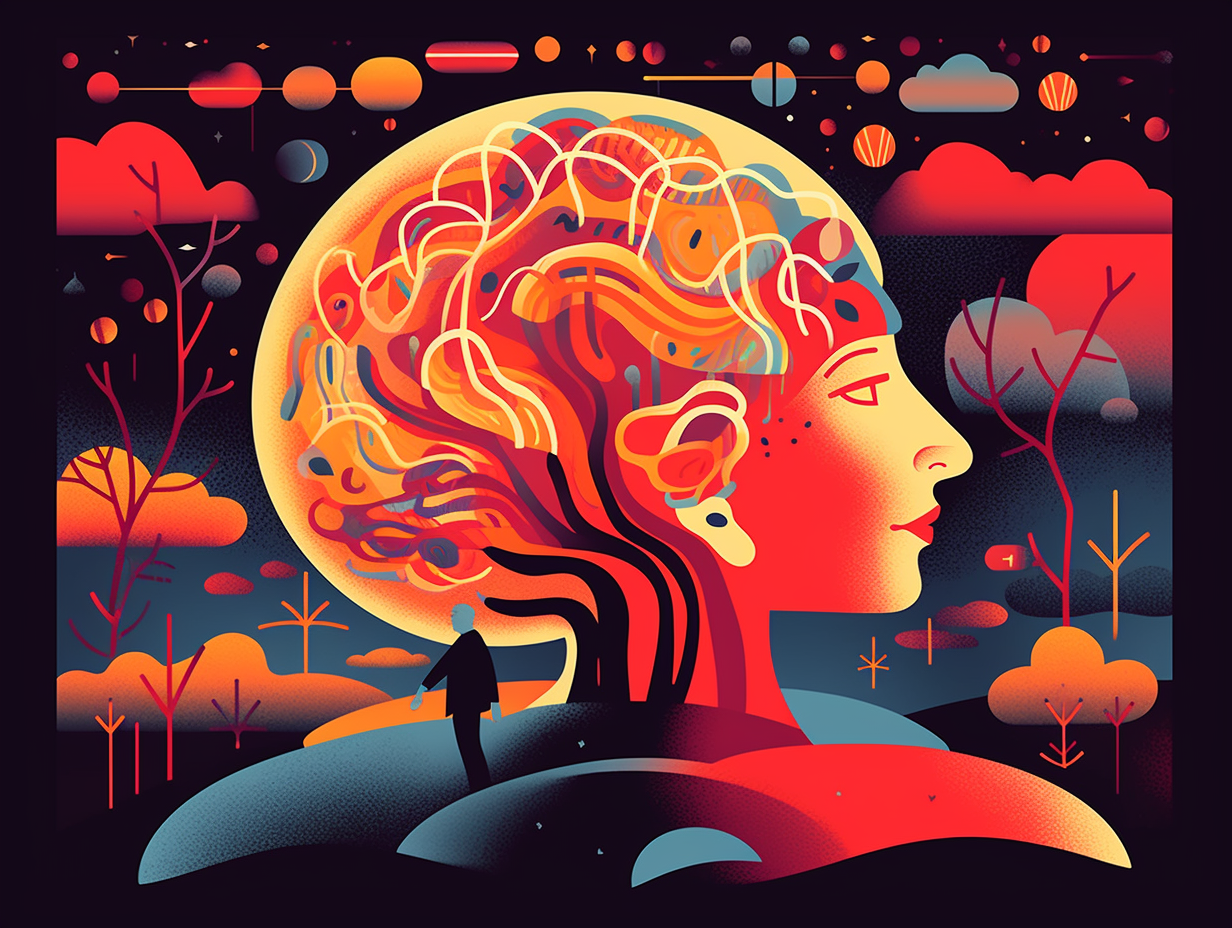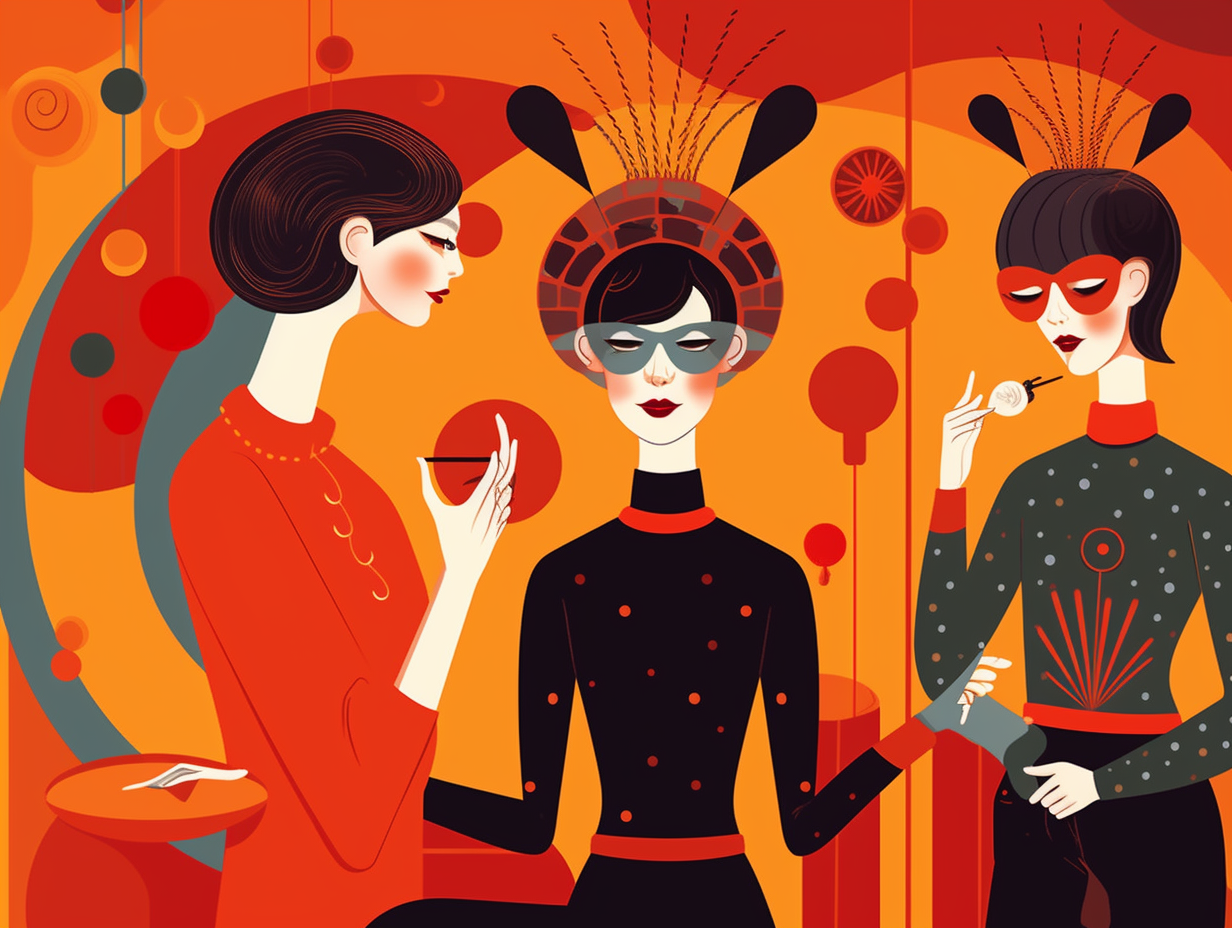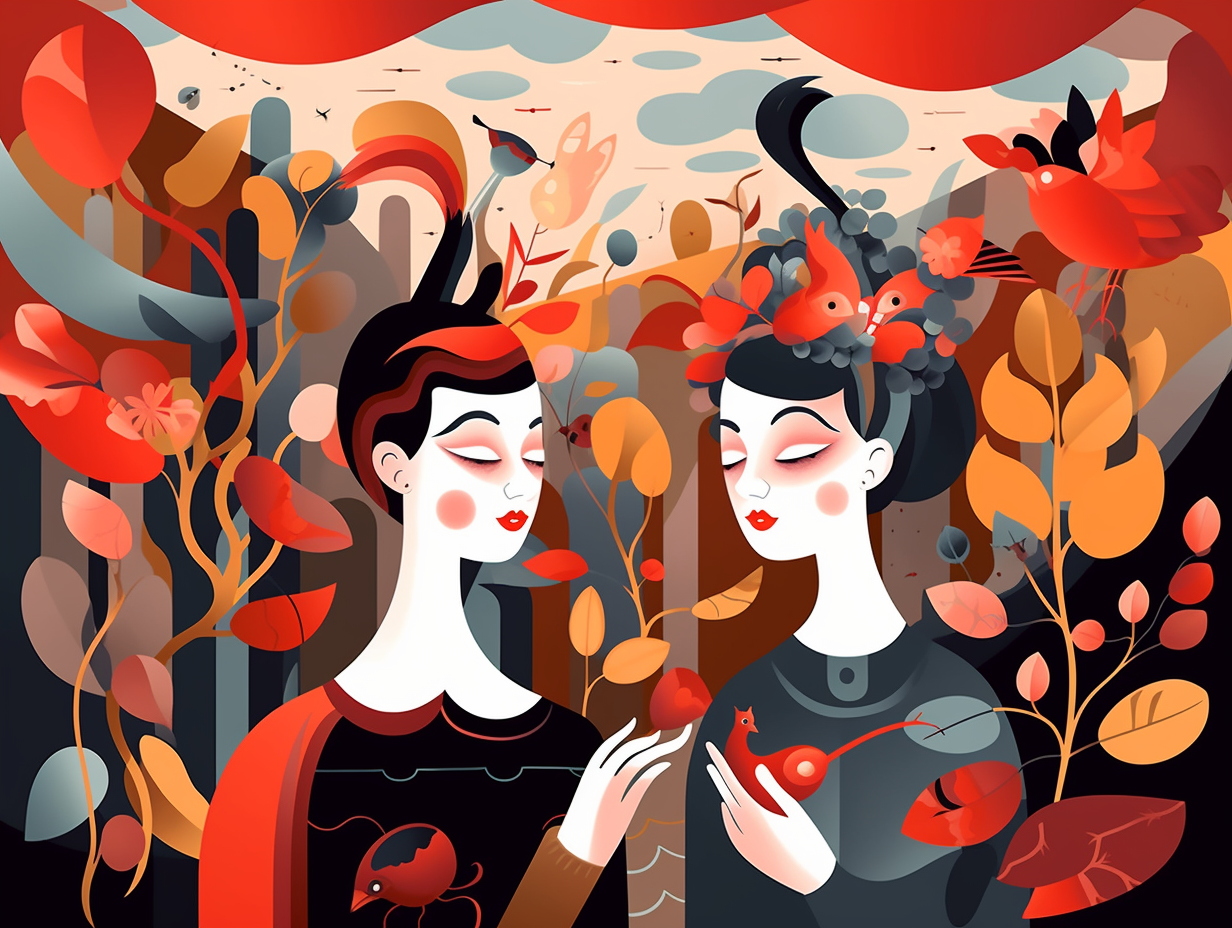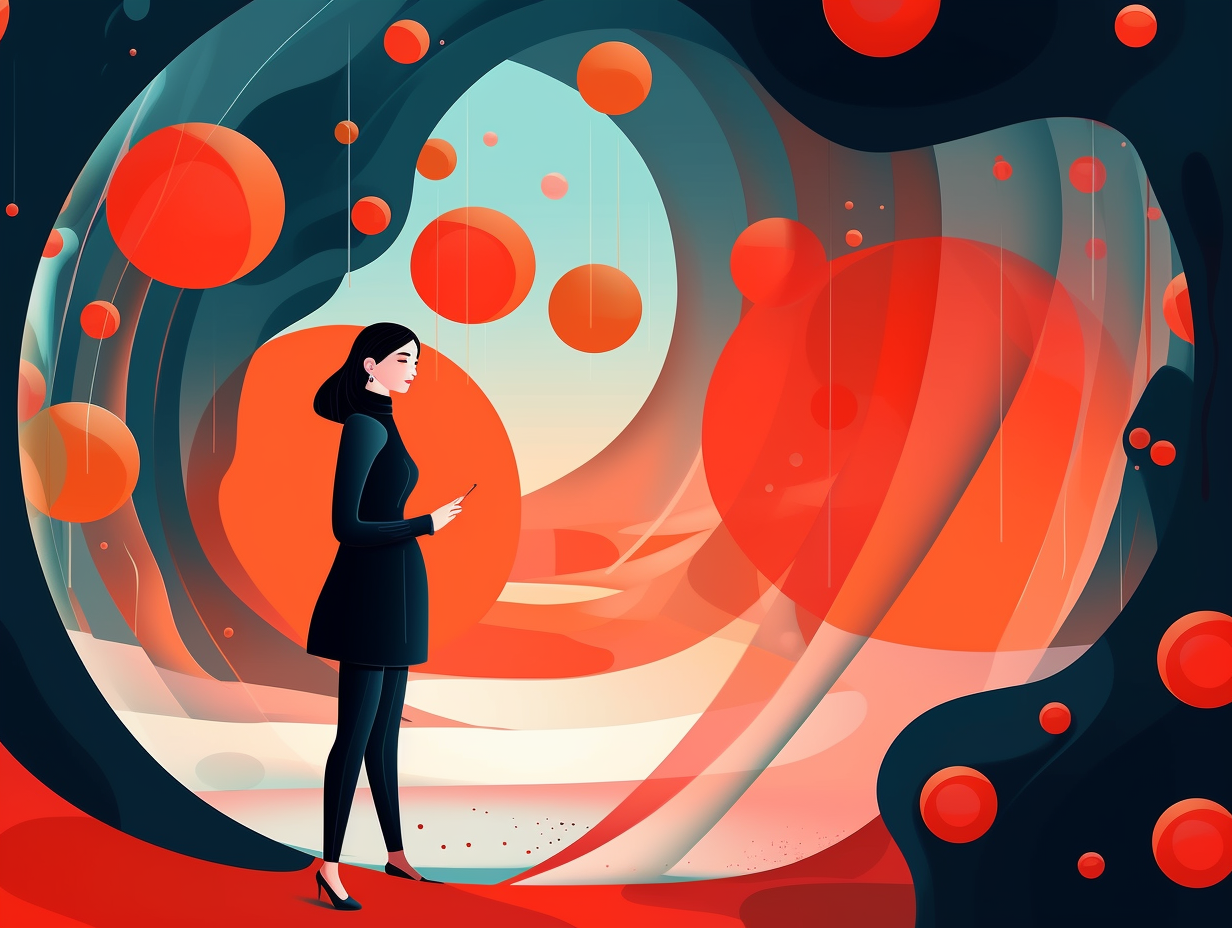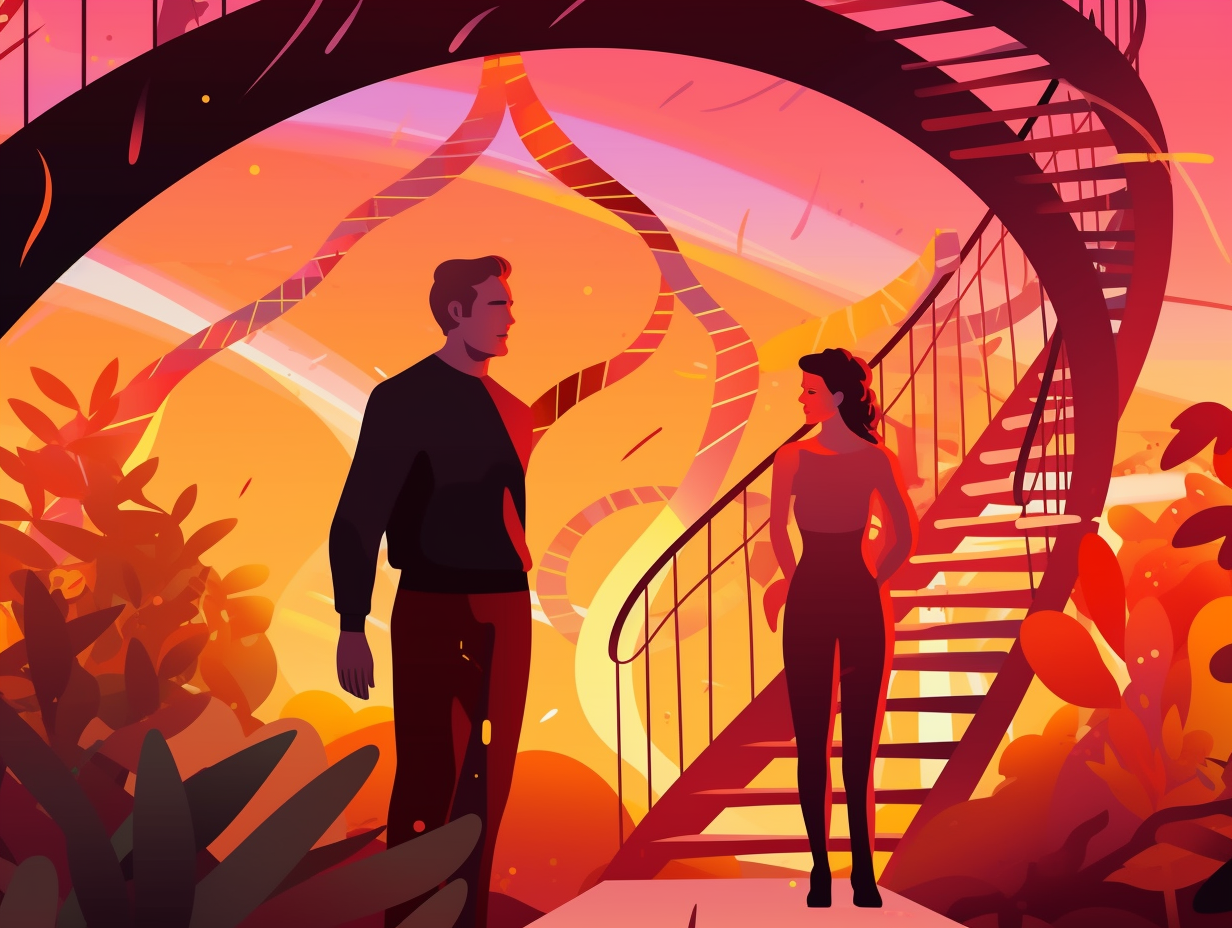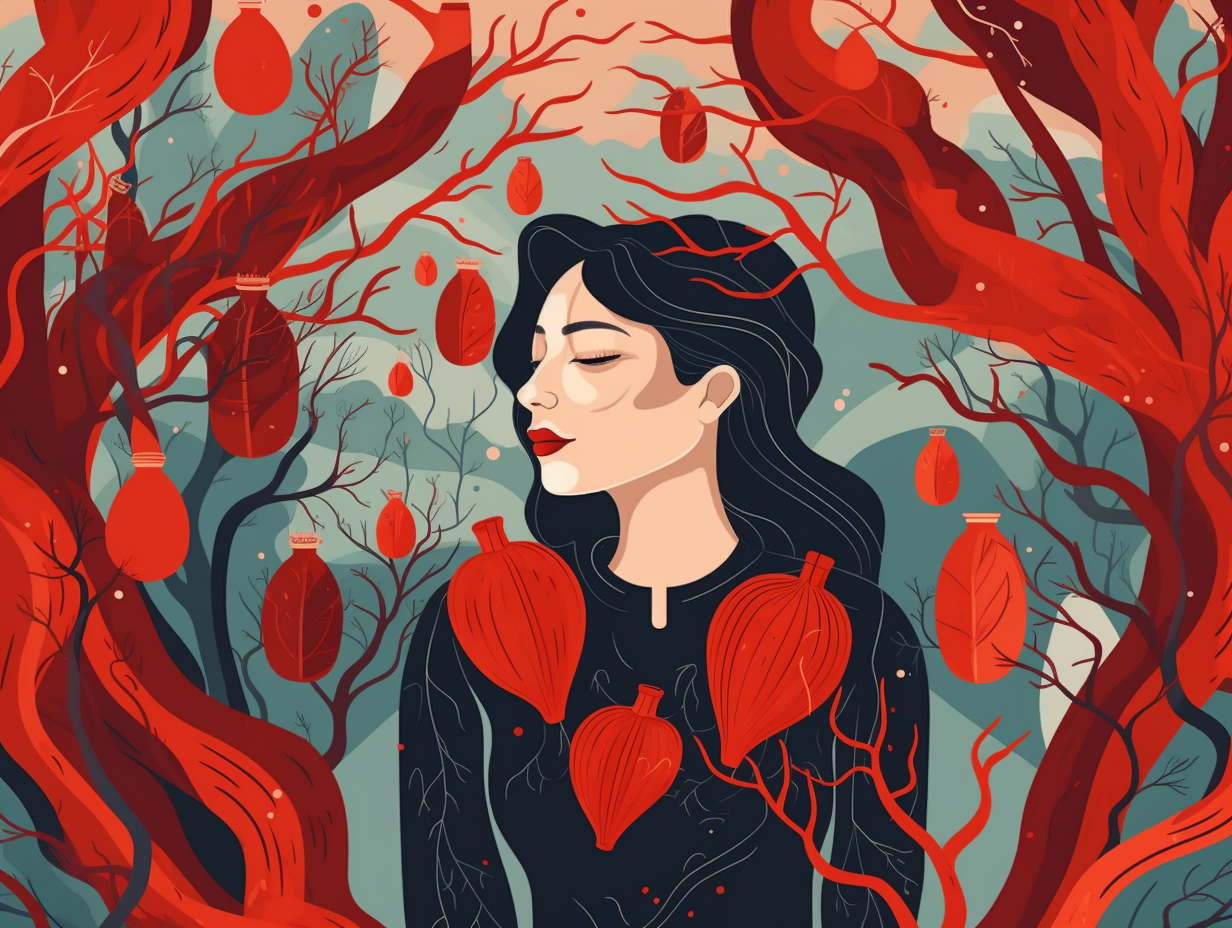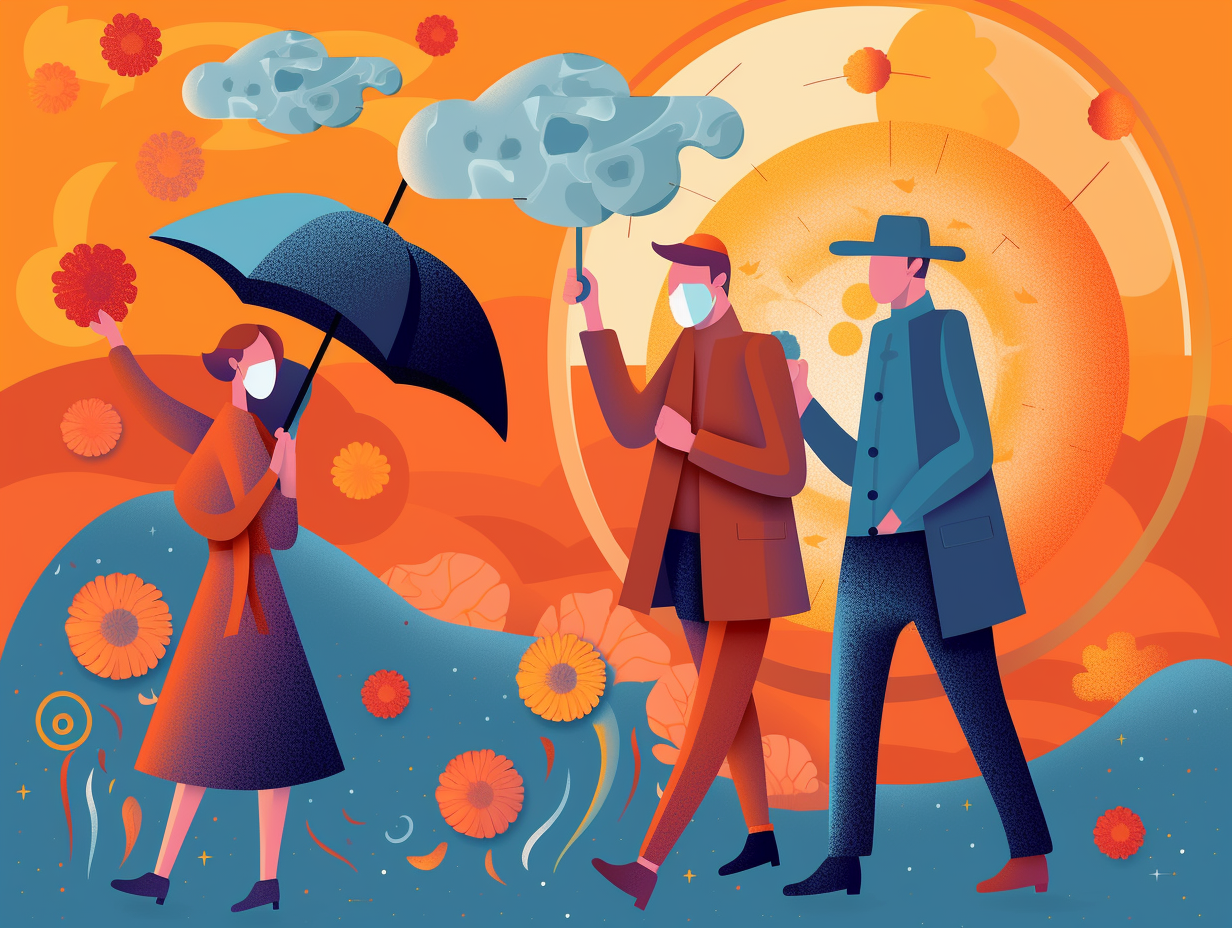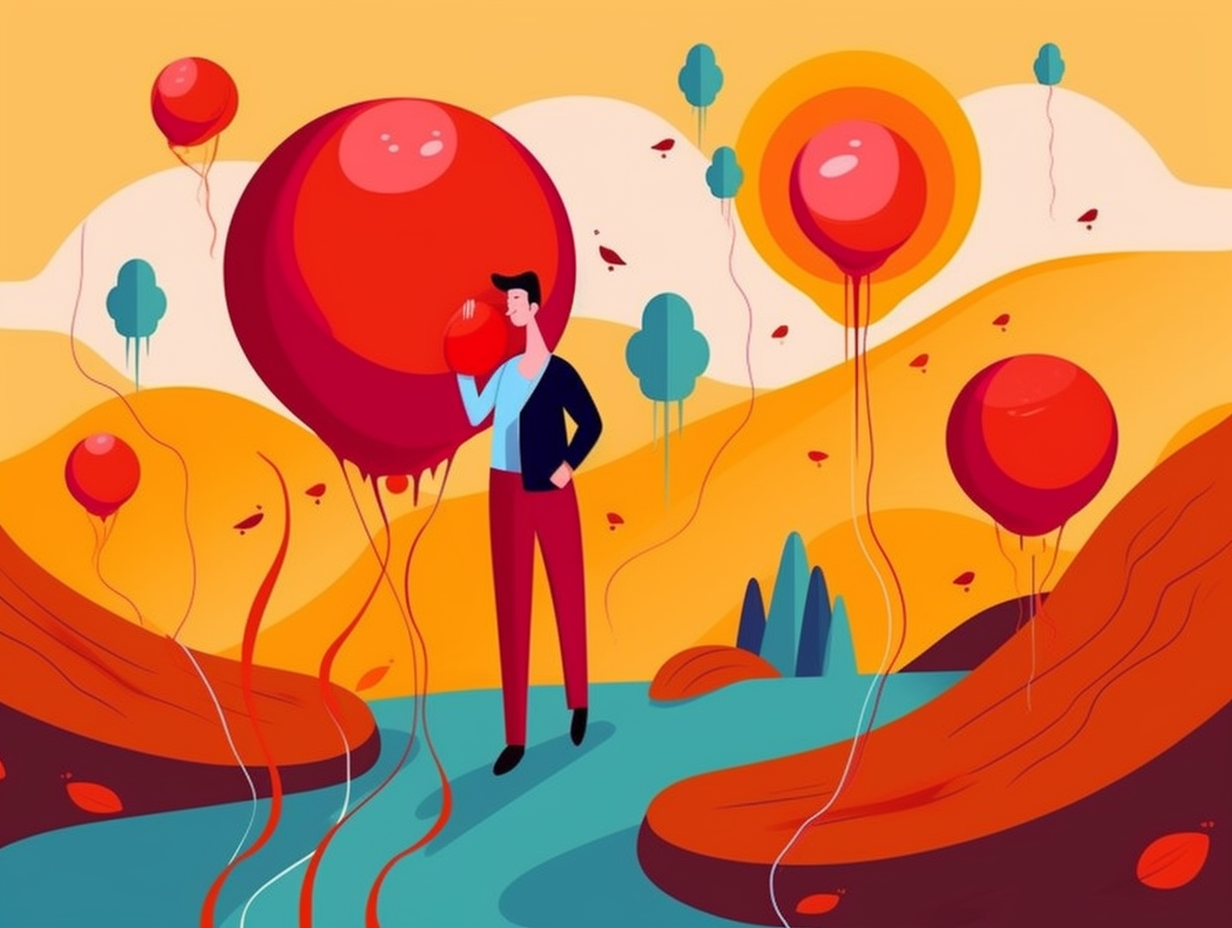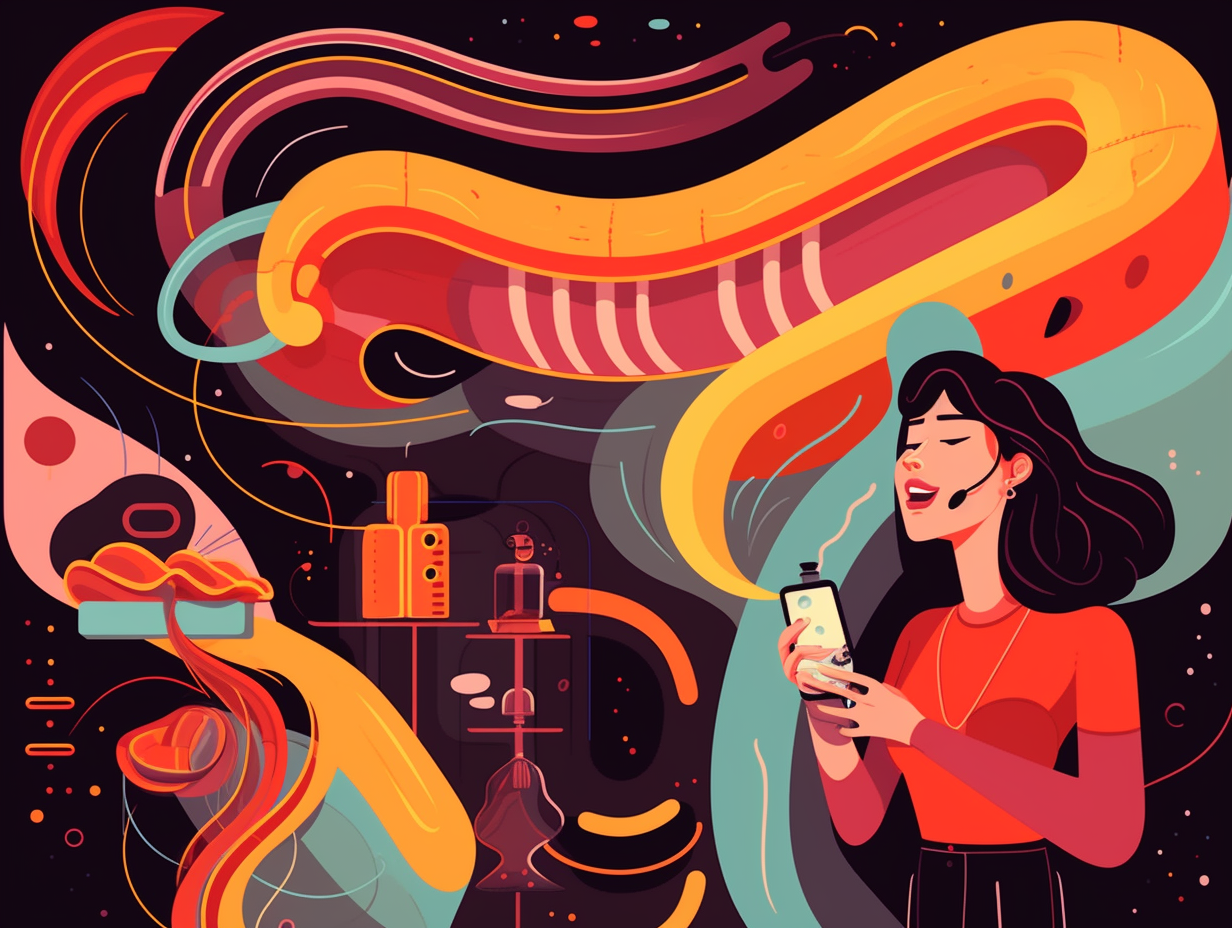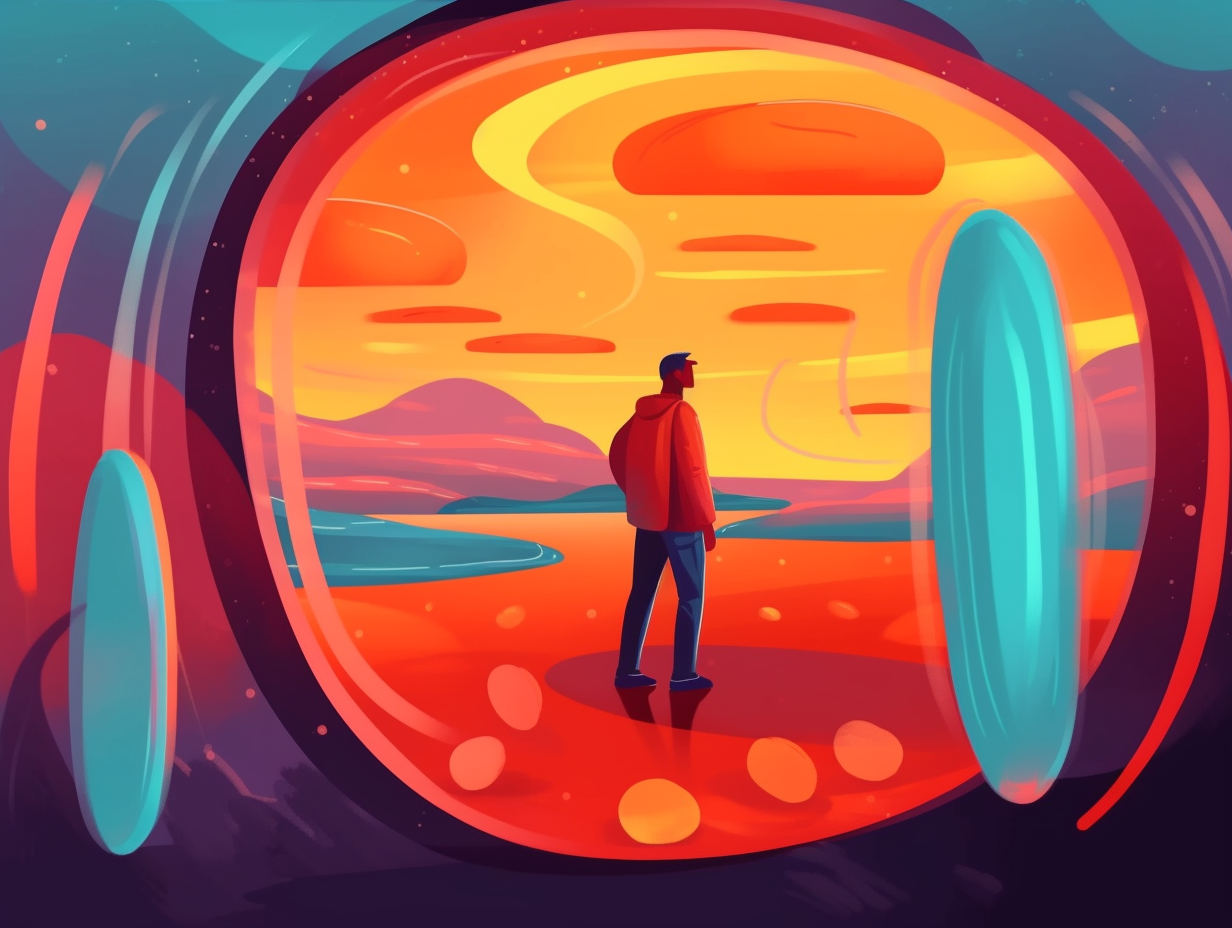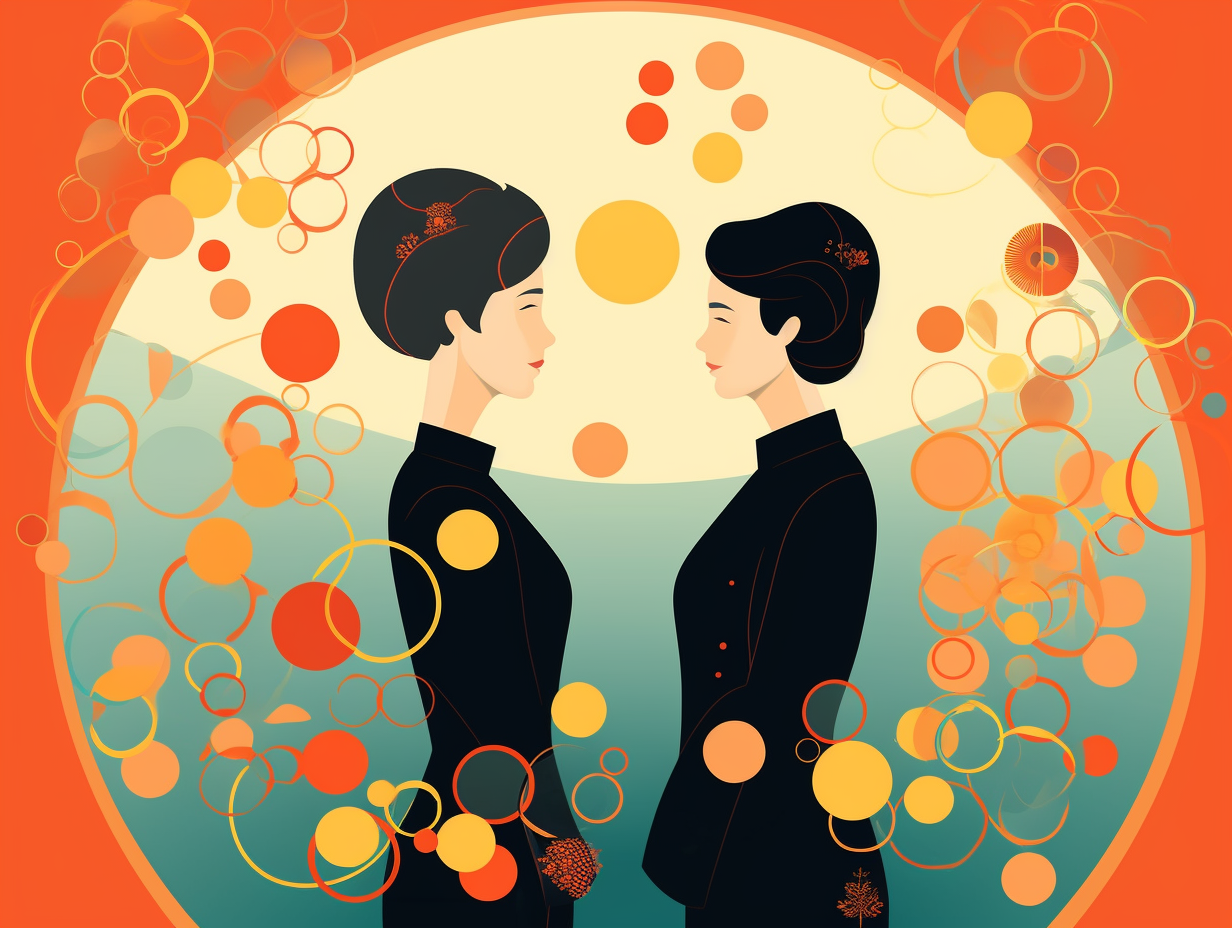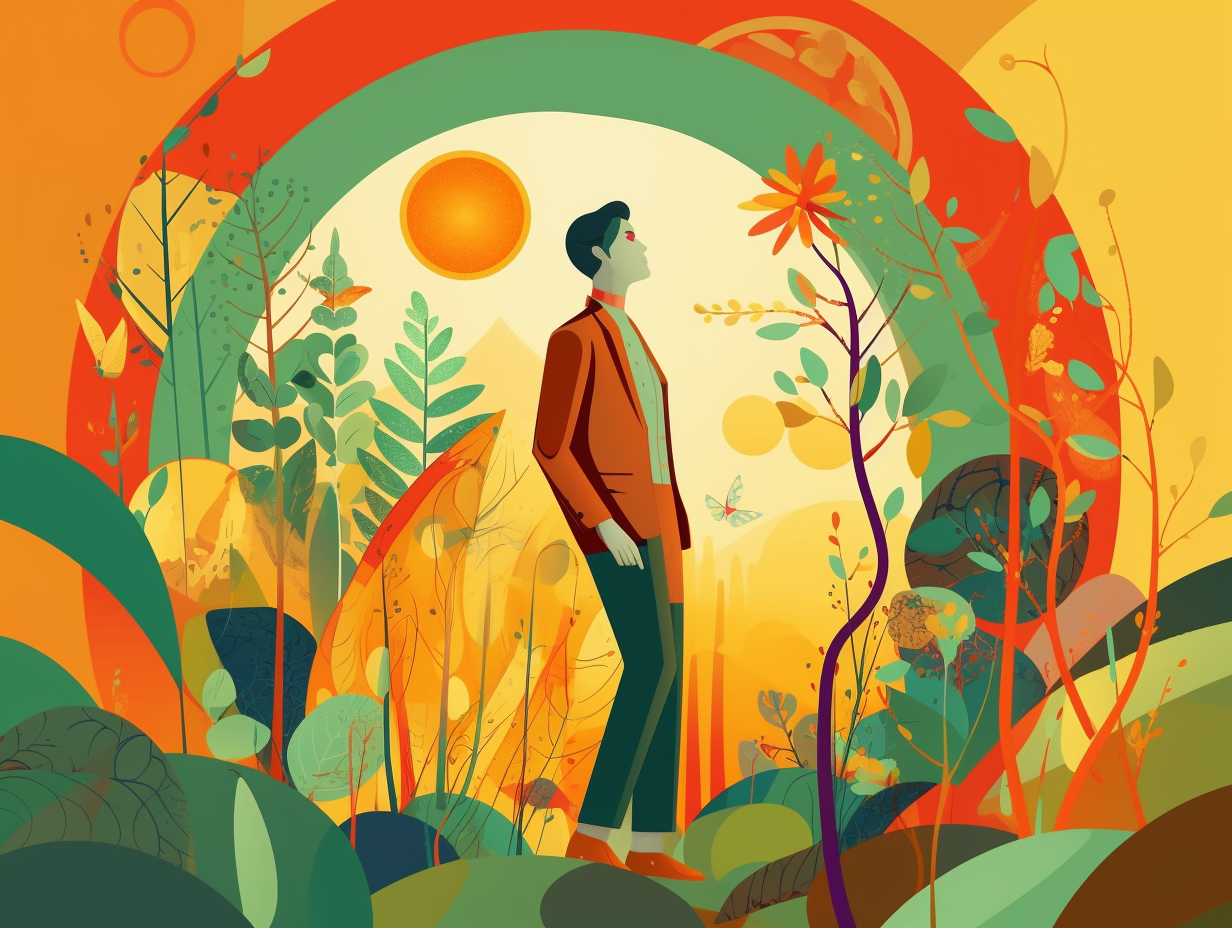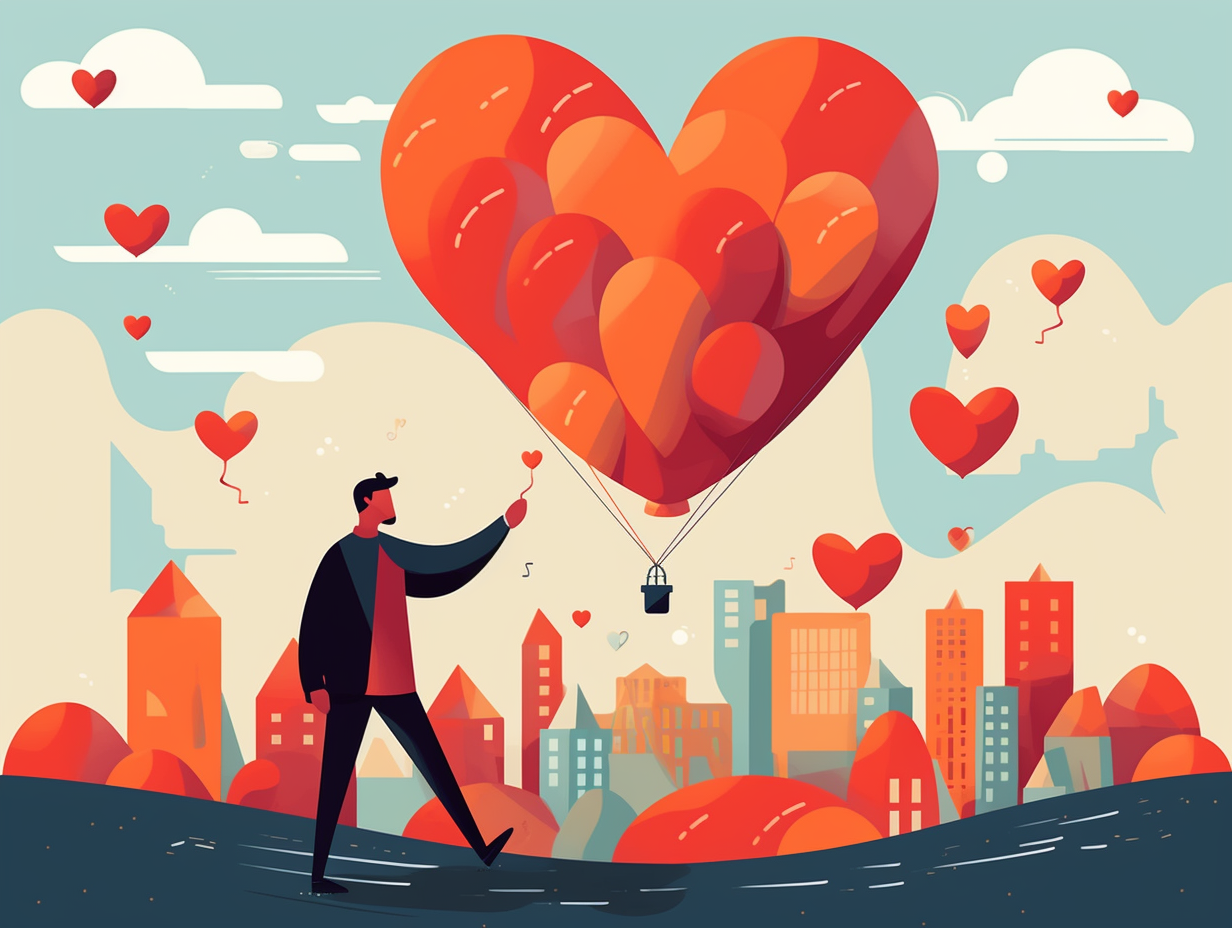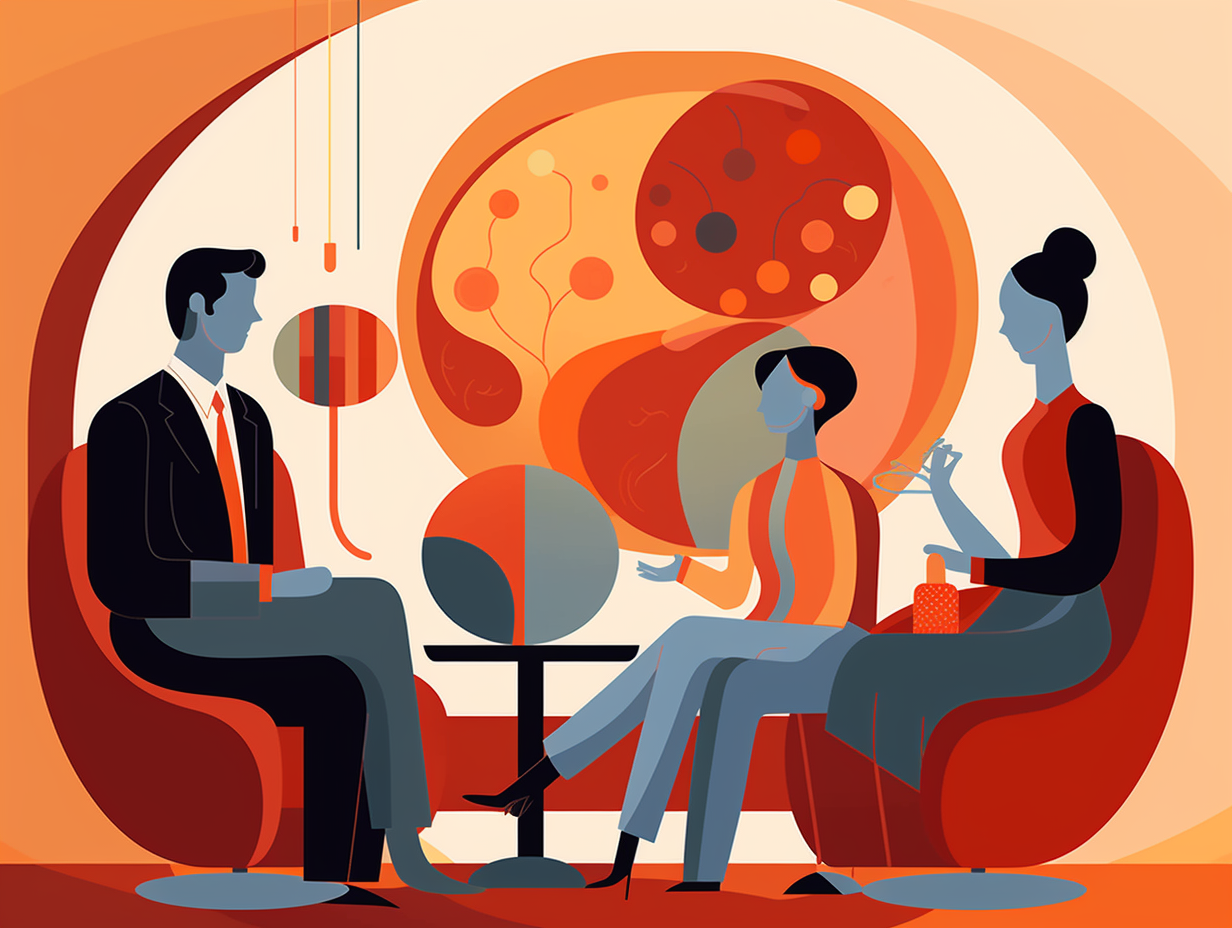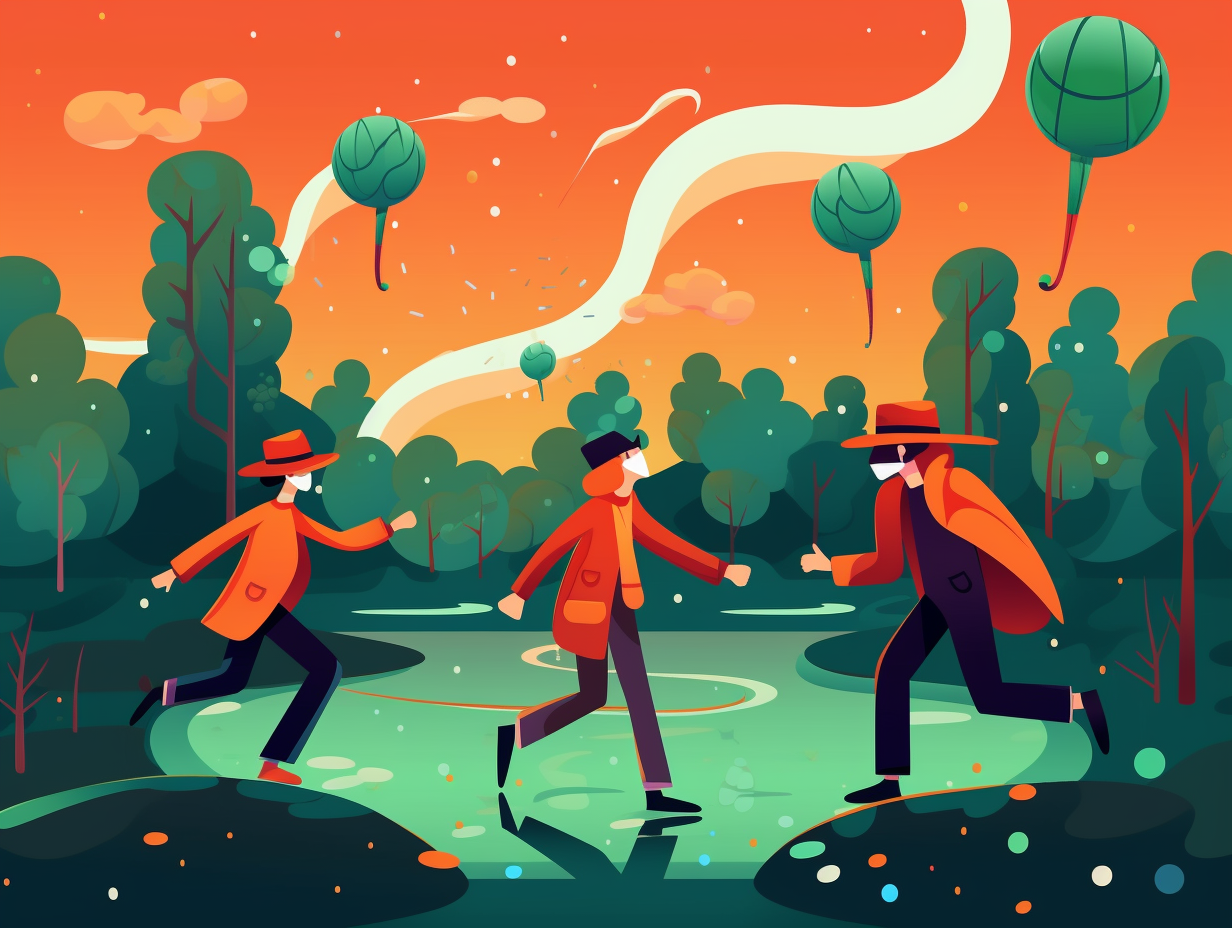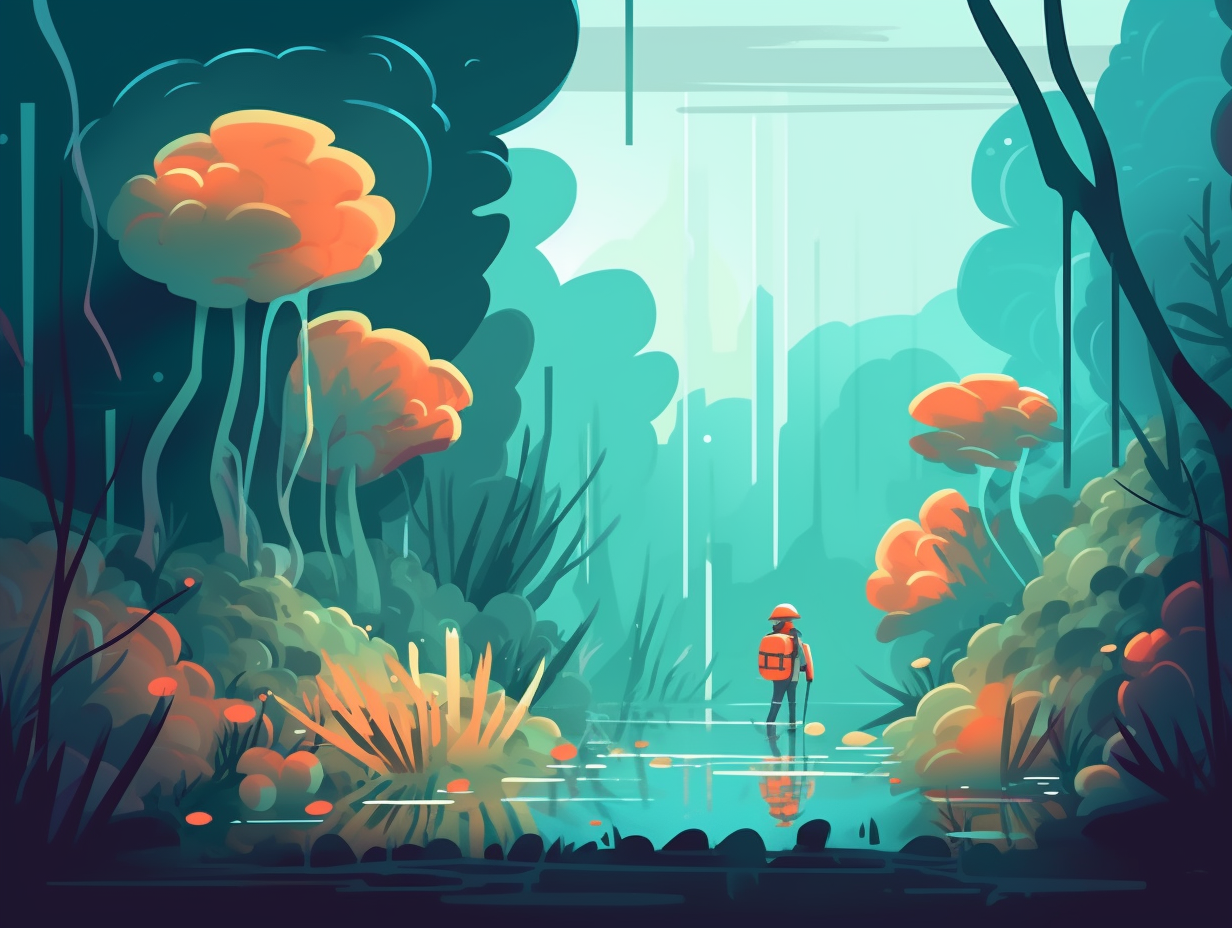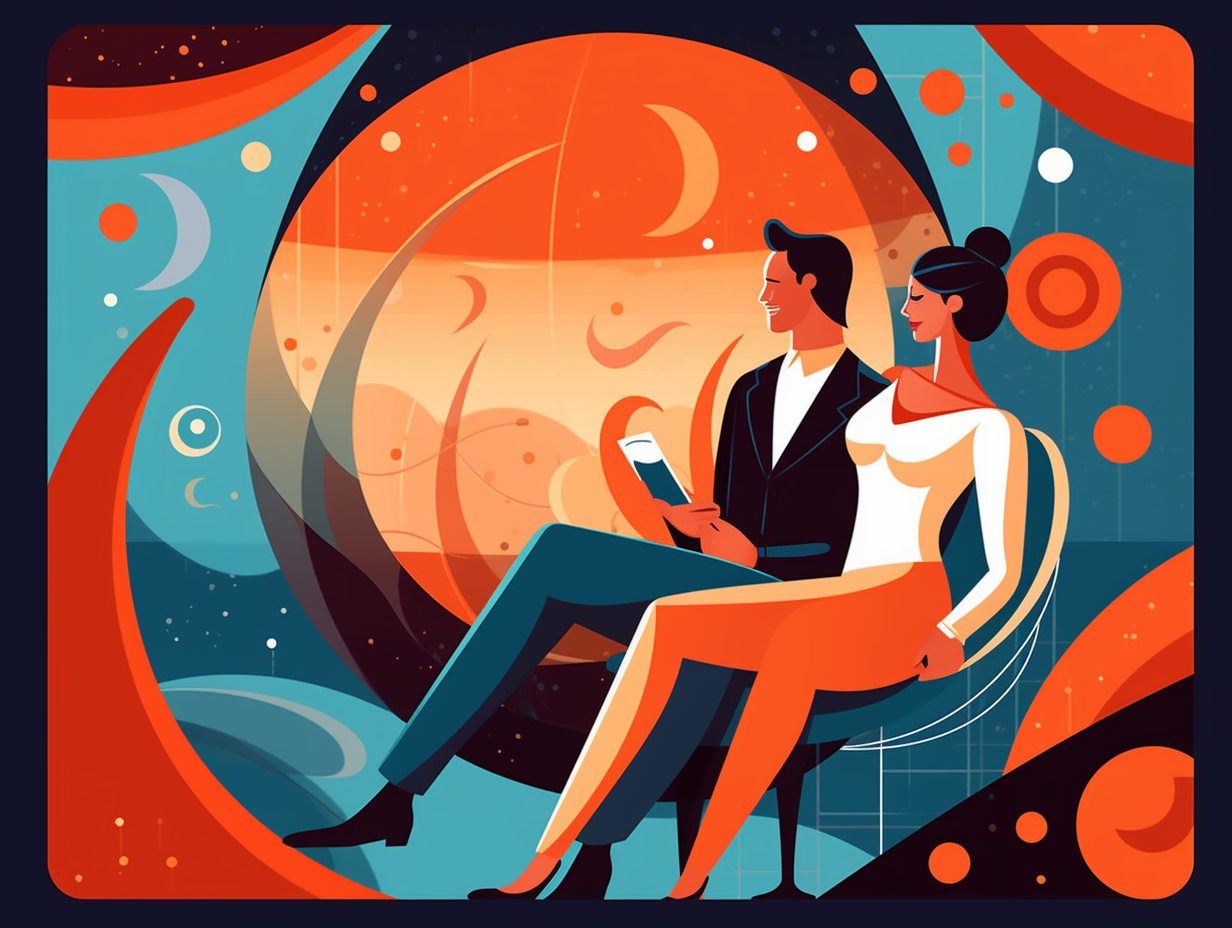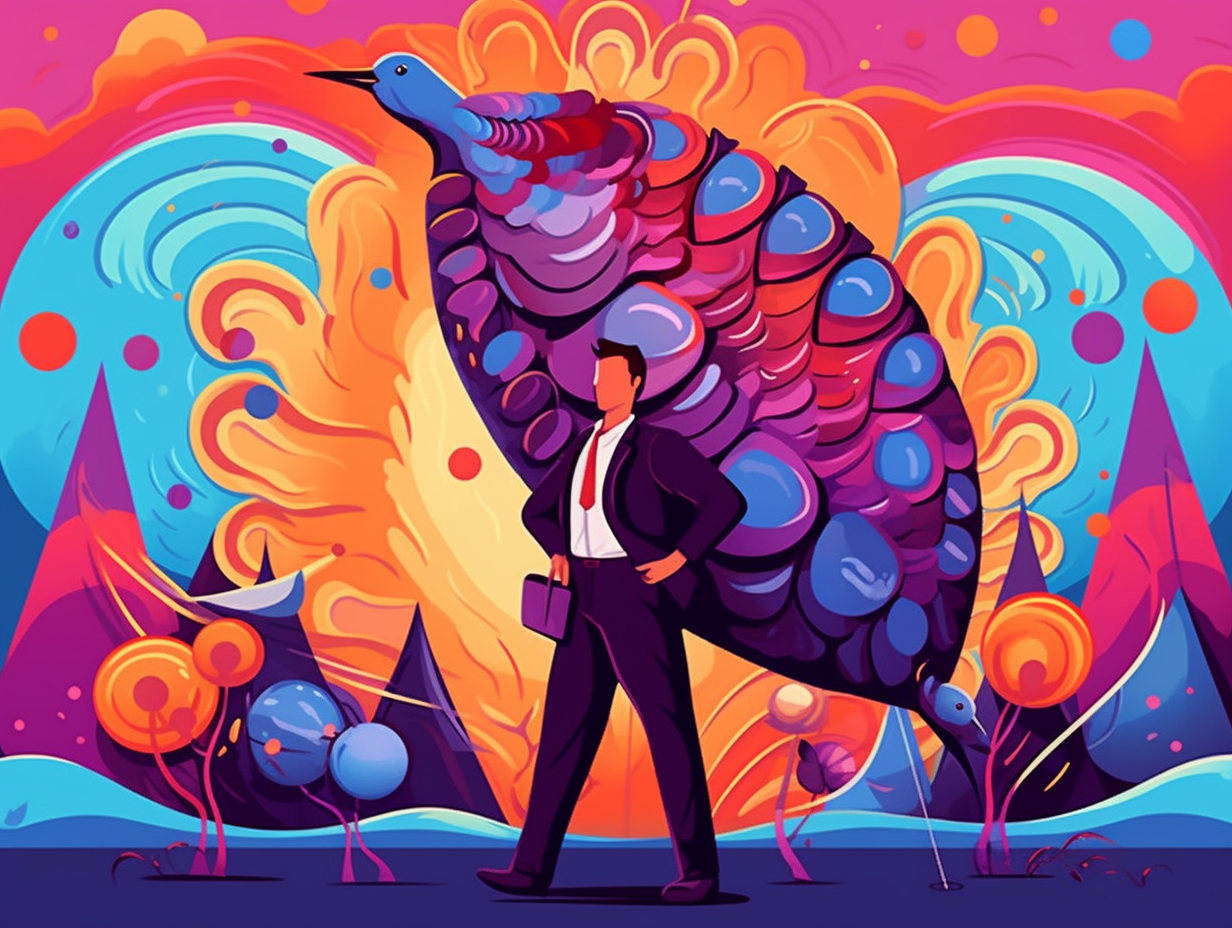13 Unbelievable Fun Facts About Neurotransmitters: Discover the Brain's Hidden Secrets!
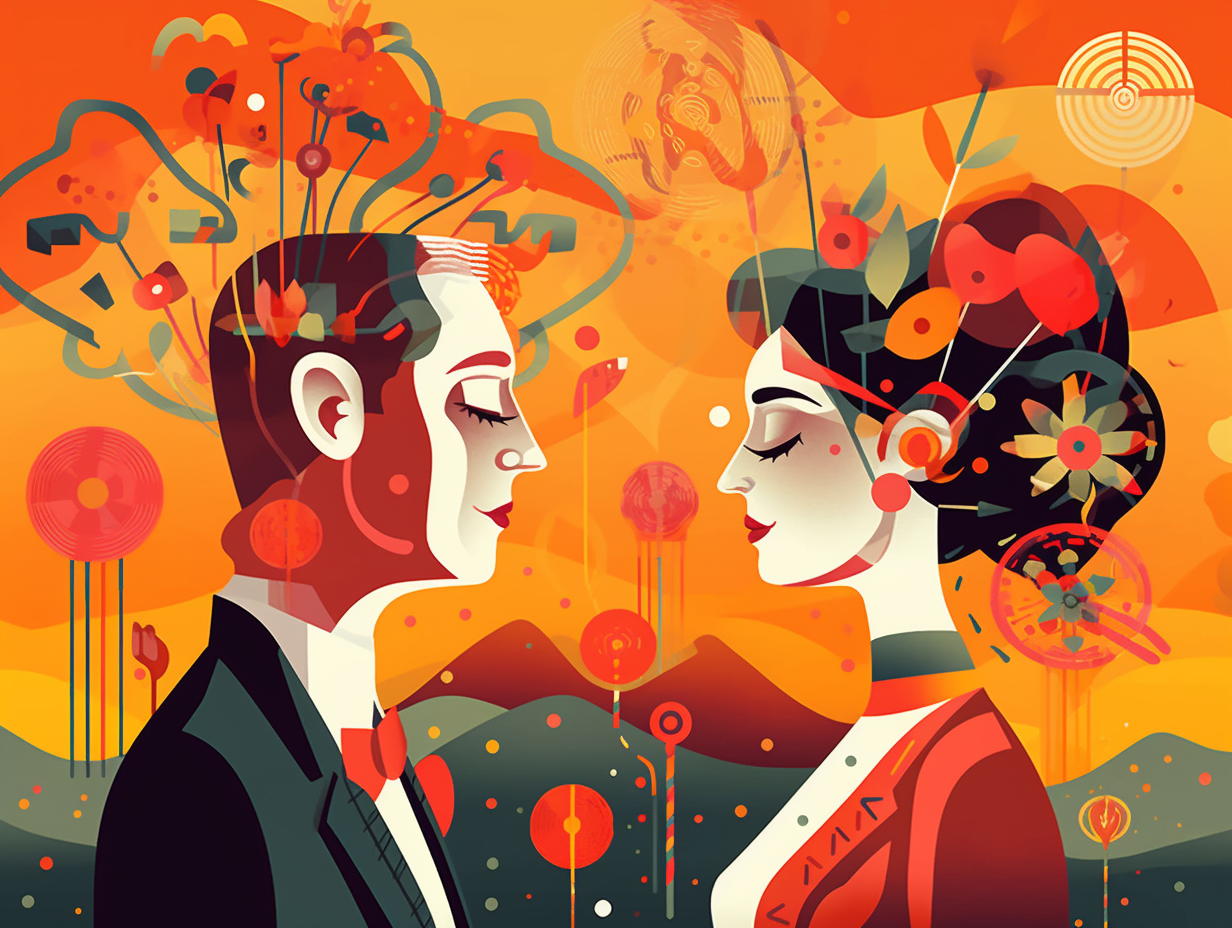
1. The Oxytocin Party
What do cuddling, childbirth, and trust have in common? A hormone-fueled party in your brain! Oxytocin, the "cuddle hormone," is the life of the soiree: This neurotransmitter is responsible for various physiological functions such as labor, lactation, and sexual arousal, and plays a role in social recognition and trust. Let's hope the party doesn't get out of hand though; high levels of oxytocin can lead to toxicity, resulting in an overactive uterus or benign prostatic hyperplasia.
Source => my.clevelandclinic.org
2. Brain's 20% Energy Claim
In a twisted version of the Hunger Games, our brain battles for a sugar-high, claiming 20% of our glucose-derived energy as its own: However, contrary to popular belief, neurons do not consume up to 10% of our body's glucose supply - they simply require a constant flow of it to ensure our ability to think, reason, and outsmart those pesky Capitol elites.
Source => ncbi.nlm.nih.gov
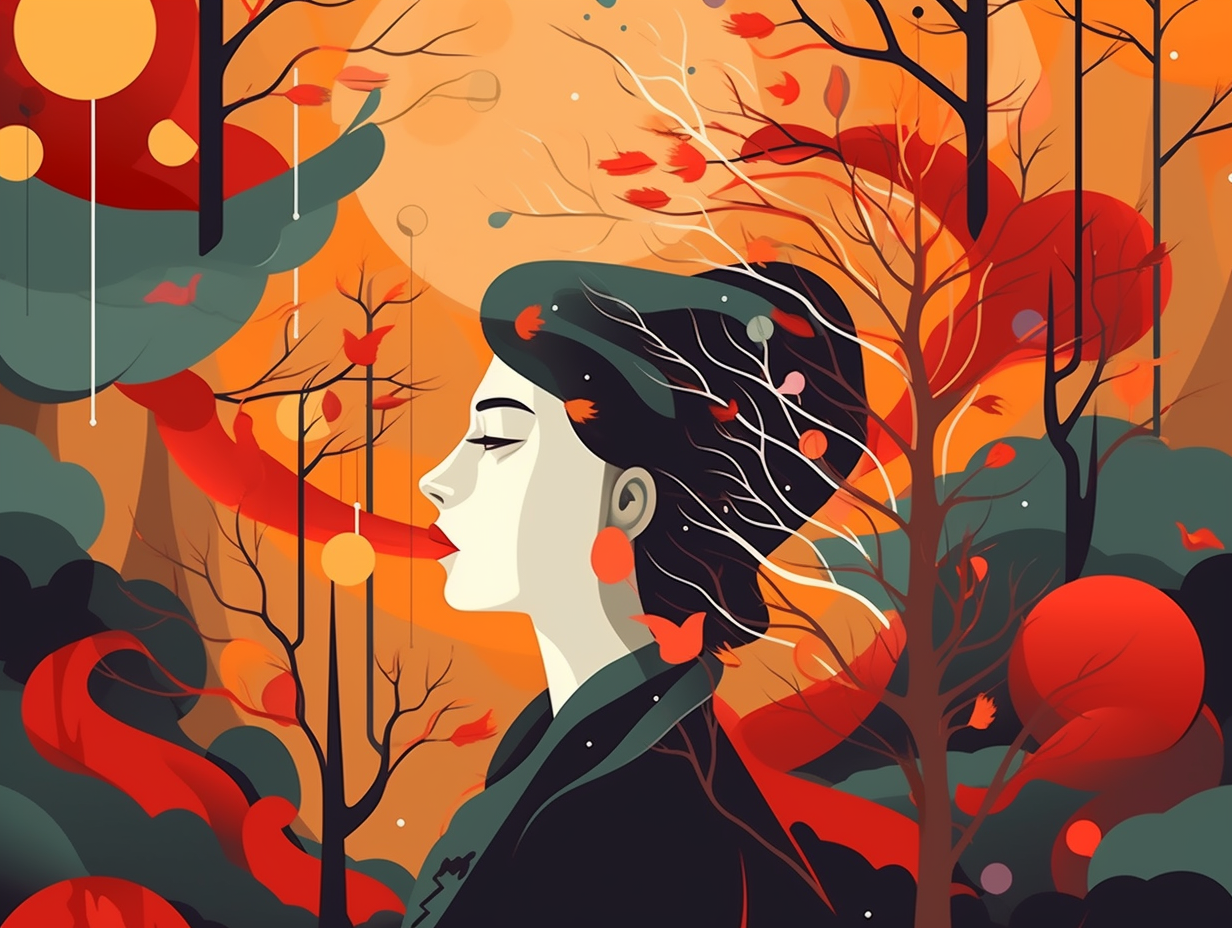
Discover the dynamic duo of neurons and neurotransmitters that can give Flash a run for his money! Learn how they use their speedy electrical signals and charming messenger molecules to transmit information in the nervous system. Don't miss out on the fun!
=> Fun Facts about The-Nervous-System
3. Dopamine - The Multitasker
Dopamine: the pleasure-seeking party animal of the neurotransmitter world, mixing business with just the right amount of pleasure! In all seriousness, though: this multifunctional chemical is not only responsible for getting our groove on with reward and pleasure, but also moonlights in memory, movement, attention, sleep, and motivation management, as well as making cameos in cases of ADHD, Parkinson's disease, and schizophrenia.
Source => my.clevelandclinic.org
4. Adrenal Glands - The Thrill-seekers
Next time you're hanging off a cliff or zipping through the air, just remember: it's not your brain giving you that thrilling zap, it's your adrenal glands going haywire! Deeply committed to the 'fight or flight' lifestyle, they churn out some electrifying hormonal cocktails: Adrenaline, packed with surges of increased heart rate, heavy breathing, and sky-high alertness. But remember, too much excitement can lead to anxiety-packed panic attacks – so don't party too hard with your adrenal pals!
Source => my.clevelandclinic.org
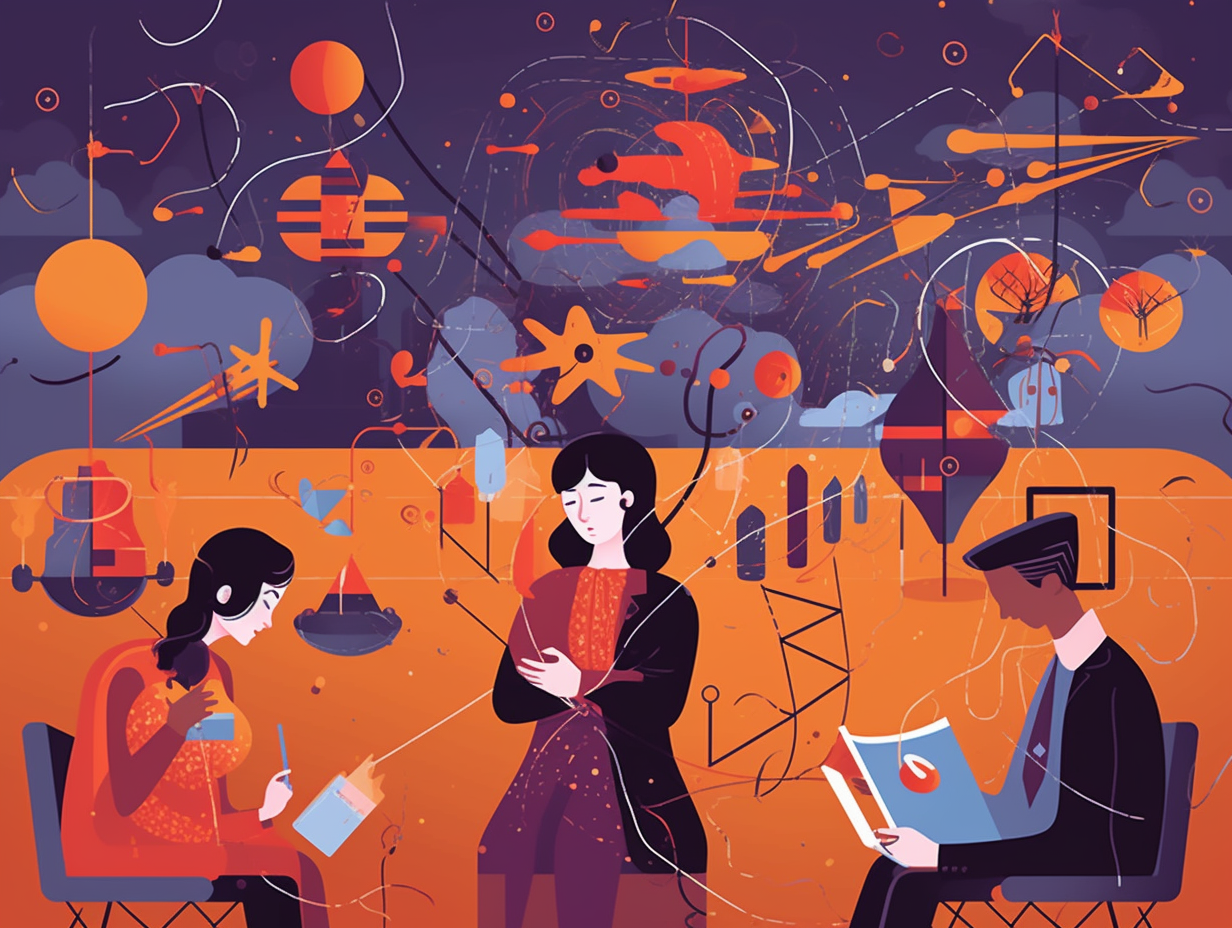
5. Serotonin - The Feel-Good Friend
Serotonin, the "trust me, I feel good" friend we invite to every party: While it may strut its stuff as the life of the bash, this complex chemical is responsible for juggling everything from our moods, digestion, and wound healing, to bone health and even our steamy moments between the sheets - putting the "neuro" in "neurotic" for depression, anxiety, and sleep issues.
Source => my.clevelandclinic.org
6. Dopamine - The Learning Turn-On
Why did the neurotransmitter ace the exam? Because it found dopamine a real turn-on for learning curveballs: Dopamine plays a pivotal role in the brain's reinforcement learning process, signaling the surprise and reward factors of experiences, which in turn helps us adapt to our intriguing world of wonders.
Source => ncbi.nlm.nih.gov
7. Pleasure-Inducing Neurotransmitters
What do a toothsome chocolate cake, a cozy hug, and a victory dance have in common? They're all responsible for making your brain say, "Mmm, that hit the spot!": Neurotransmitters like dopamine, serotonin, and norepinephrine are the secret culprits behind those pleasures and have the power to affect your appetite, sleep, mood, and even memory, as they busily transmit signals between neurons in the brain.
Source => dana.org
8. Glutamate - The Power Provider
Why did the neurotransmitter apply for a side gig at the local power plant? Glutamate isn't just content with juggling learning, memory, and other brain functions: It modestly moonlights as an energy source for brain cells when glucose levels take a nosedive!
Source => my.clevelandclinic.org
9. GABA's Rebellious Past
In a plot twist that would make even M. Night Shyamalan proud, our brain's ultimate peacekeeper had some rebellious teenage years: GABA, now the main inhibitory neurotransmitter in the adult central nervous system, actually acted as an excitatory neurotransmitter during embryonic brain development.
Source => ncbi.nlm.nih.gov
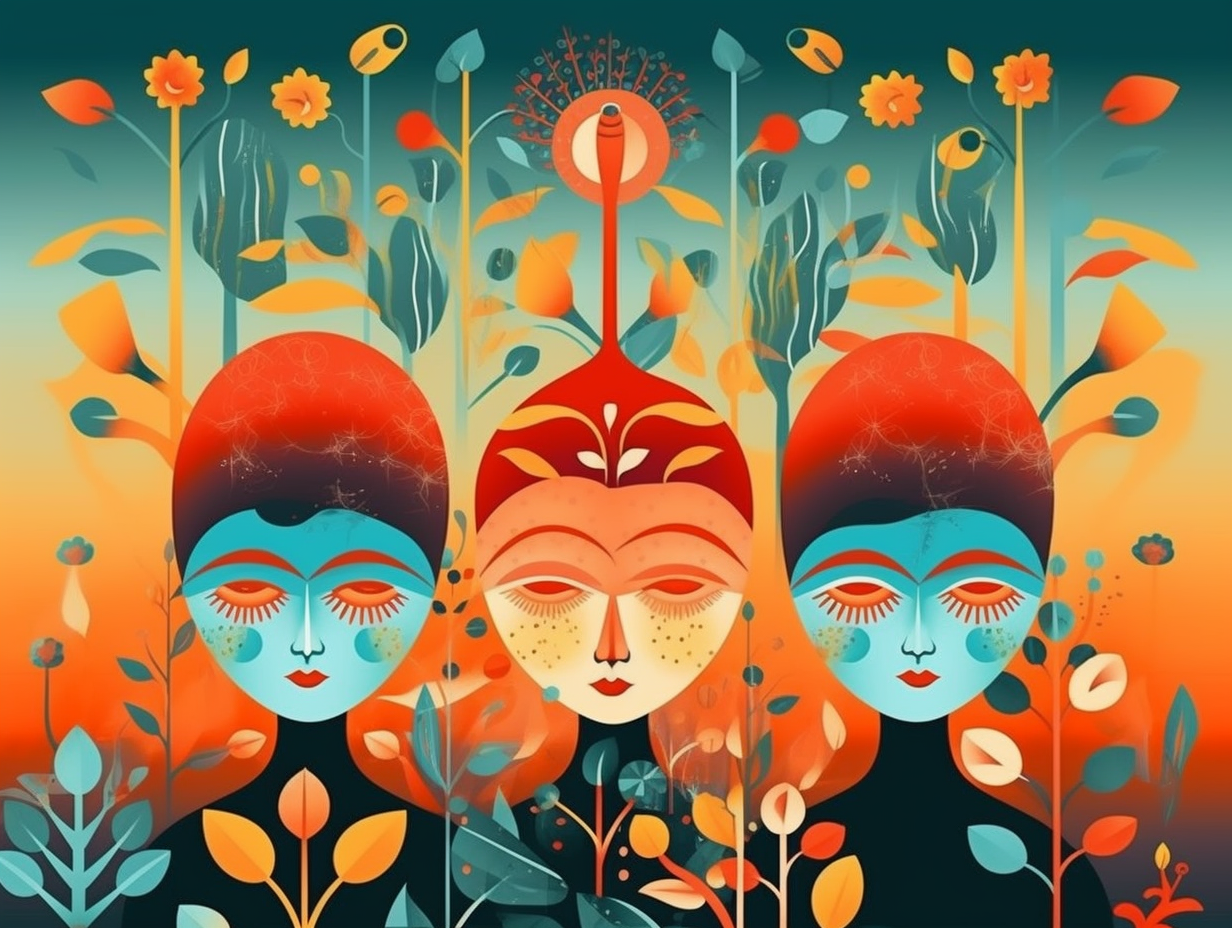
10. Caffeine - The Energy Booster
For those wondering why they feel ready to "jump through hoops of espresso" after downing their morning coffee: Caffeine actually blocks adenosine receptors in the brain, warding off the effects of fatigue and promoting a wide-eyed, bushy-tailed alertness. Be warned, though: With great (caffeinated) power comes great responsibility, as it can also raise blood pressure, breathing rate, and frequent trips to the porcelain throne.
Source => sleepfoundation.org
11. Norepinephrine - Party Energizer
If norepinephrine were a guest at your next party, it would be the one to crank up the music, break out the party games, and keep everyone on their toes: Secretly responsible for your body's fight or flight response, norepinephrine increases heart rate and blood pressure, releases glucose from energy stores, and even helps your brain form and recall memories.
Source => selfhacked.com
12. Endocannabinoids - Runner's High Heroes
Whoever said that laughter is the best medicine, clearly hasn't tried going for a run: Endocannabinoids, natural chemicals produced in our body, are responsible for the "runner's high" eliciting mood-enhancing effects while reducing pain, anxiety, and stress, particularly a molecule called anandamide – trust us, it's quite the "ananda"idote!
Source => today.wayne.edu
13. Cholinergic System vs. Nicotine
In a world where nicotine is the villain and dopamine is the damsel in distress: an unsung hero called the cholinergic system battles to keep the balance, ensuring our minds stay on the right rewarding path. Seriously though: the cholinergic system in our midbrain actually regulates dopaminergic neurons, influencing behaviors like reward processing and motivation, while nicotine seeks to hijack and disrupt this delicate dance of neurotransmitters.
Source => nature.com
Related Fun Facts

